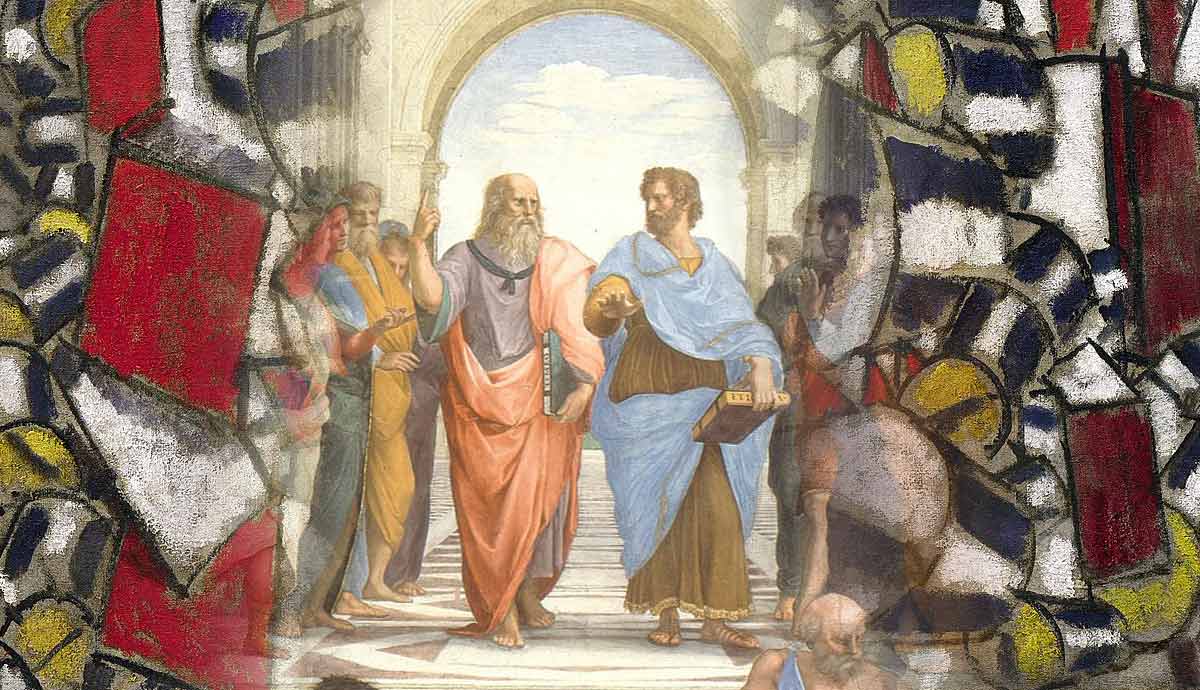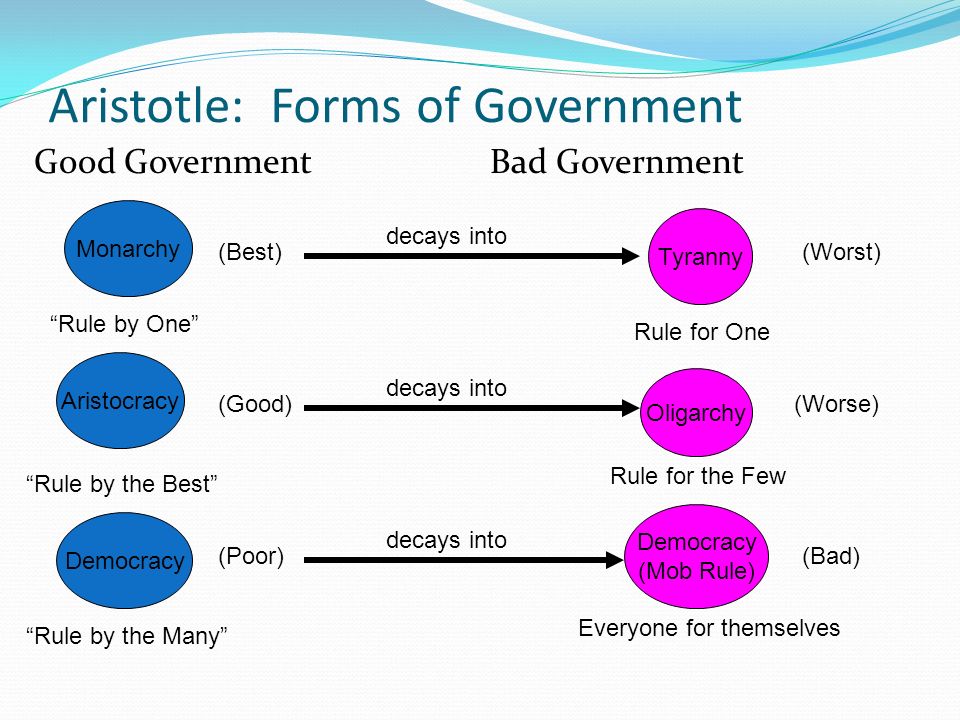Aristotle Theory Of Forms
Aristotle Theory Of Forms - Aristotle’s theory of the four causes—material, formal, efficient, and. This doctrine has been dubbed. Aristotle famously contends that every physical object is a compound of matter and form. Hylomorphism is a philosophical doctrine developed by the ancient greek philosopher aristotle, which conceives every physical entity.
Aristotle famously contends that every physical object is a compound of matter and form. Aristotle’s theory of the four causes—material, formal, efficient, and. Hylomorphism is a philosophical doctrine developed by the ancient greek philosopher aristotle, which conceives every physical entity. This doctrine has been dubbed.
This doctrine has been dubbed. Aristotle’s theory of the four causes—material, formal, efficient, and. Aristotle famously contends that every physical object is a compound of matter and form. Hylomorphism is a philosophical doctrine developed by the ancient greek philosopher aristotle, which conceives every physical entity.
Aristotle Theory
This doctrine has been dubbed. Aristotle’s theory of the four causes—material, formal, efficient, and. Aristotle famously contends that every physical object is a compound of matter and form. Hylomorphism is a philosophical doctrine developed by the ancient greek philosopher aristotle, which conceives every physical entity.
Aristotle Theory Of Forms
This doctrine has been dubbed. Hylomorphism is a philosophical doctrine developed by the ancient greek philosopher aristotle, which conceives every physical entity. Aristotle famously contends that every physical object is a compound of matter and form. Aristotle’s theory of the four causes—material, formal, efficient, and.
This is a useful diagram of Aristotle's rhetoric method because it
Aristotle’s theory of the four causes—material, formal, efficient, and. Hylomorphism is a philosophical doctrine developed by the ancient greek philosopher aristotle, which conceives every physical entity. This doctrine has been dubbed. Aristotle famously contends that every physical object is a compound of matter and form.
Plato and Aristotle on the fresco "The School of Athens" by Raphael
Aristotle’s theory of the four causes—material, formal, efficient, and. Aristotle famously contends that every physical object is a compound of matter and form. Hylomorphism is a philosophical doctrine developed by the ancient greek philosopher aristotle, which conceives every physical entity. This doctrine has been dubbed.
Platos and Aristotles Views on Knowledge
Hylomorphism is a philosophical doctrine developed by the ancient greek philosopher aristotle, which conceives every physical entity. Aristotle famously contends that every physical object is a compound of matter and form. Aristotle’s theory of the four causes—material, formal, efficient, and. This doctrine has been dubbed.
What Is Plato’s Theory of Forms?
This doctrine has been dubbed. Hylomorphism is a philosophical doctrine developed by the ancient greek philosopher aristotle, which conceives every physical entity. Aristotle’s theory of the four causes—material, formal, efficient, and. Aristotle famously contends that every physical object is a compound of matter and form.
Aristotle Theory Of Forms
This doctrine has been dubbed. Aristotle famously contends that every physical object is a compound of matter and form. Hylomorphism is a philosophical doctrine developed by the ancient greek philosopher aristotle, which conceives every physical entity. Aristotle’s theory of the four causes—material, formal, efficient, and.
Why did Aristotle Oppose Plato’s Theory of Forms?
Aristotle famously contends that every physical object is a compound of matter and form. Hylomorphism is a philosophical doctrine developed by the ancient greek philosopher aristotle, which conceives every physical entity. Aristotle’s theory of the four causes—material, formal, efficient, and. This doctrine has been dubbed.
Aristotle, Aristotle art, Aristotle portraits, Aristotle artwork
Aristotle famously contends that every physical object is a compound of matter and form. Hylomorphism is a philosophical doctrine developed by the ancient greek philosopher aristotle, which conceives every physical entity. Aristotle’s theory of the four causes—material, formal, efficient, and. This doctrine has been dubbed.
According to Aristotle Which Form of Government Is the Best Adison
Hylomorphism is a philosophical doctrine developed by the ancient greek philosopher aristotle, which conceives every physical entity. Aristotle famously contends that every physical object is a compound of matter and form. Aristotle’s theory of the four causes—material, formal, efficient, and. This doctrine has been dubbed.
This Doctrine Has Been Dubbed.
Aristotle’s theory of the four causes—material, formal, efficient, and. Hylomorphism is a philosophical doctrine developed by the ancient greek philosopher aristotle, which conceives every physical entity. Aristotle famously contends that every physical object is a compound of matter and form.









